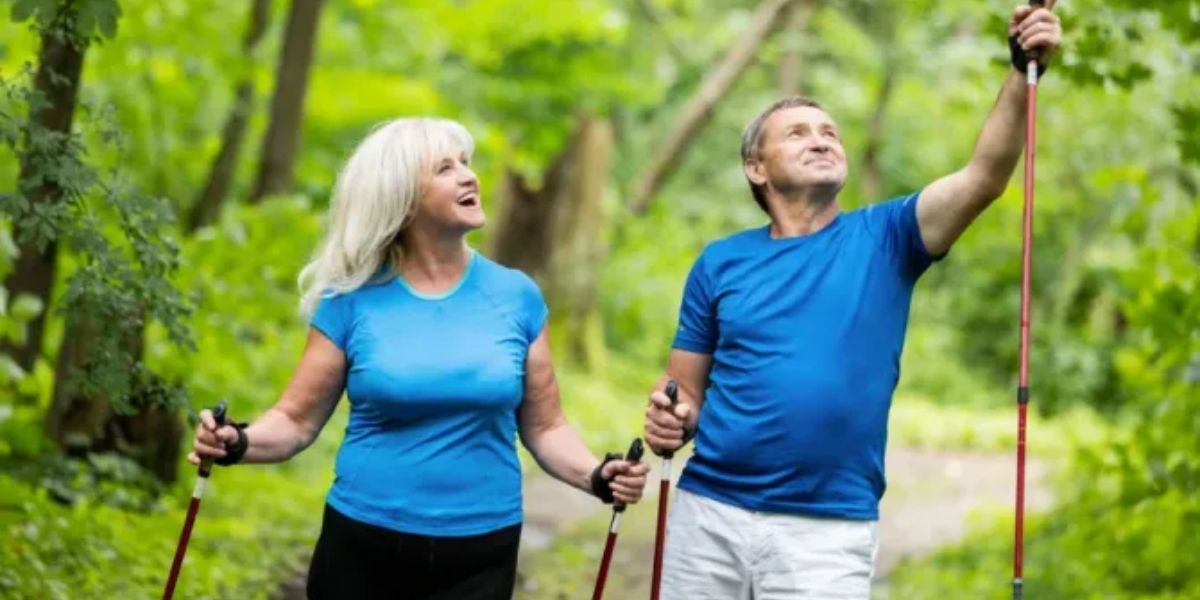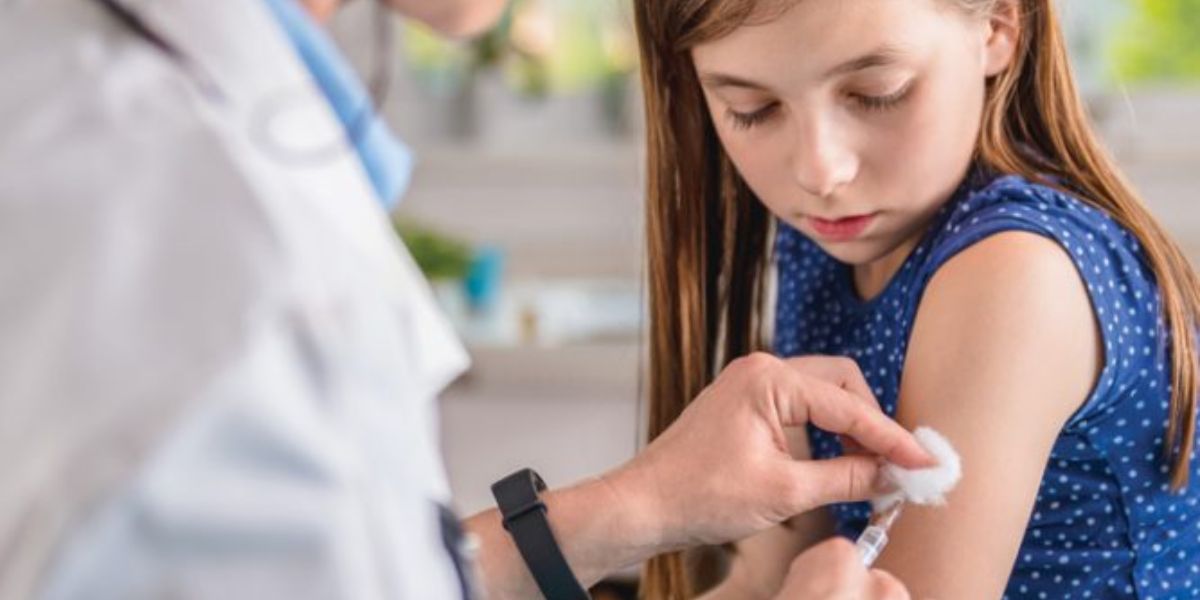Madison County, like many regions, experiences cold winters that can bring about unique challenges to maintaining health. From freezing temperatures to shorter days, winter presents specific risks to both physical and mental well-being. Fortunately, local primary care experts offer valuable advice on how to stay healthy during this season. Below are practical tips to help you stay in top shape this winter.
1. Boost Your Immune System with Proper Nutrition
Winter is the season when colds, flu, and other illnesses are more prevalent. Strengthening your immune system through a balanced diet is one of the best ways to ward off sickness. Make sure to include plenty of fruits and vegetables, especially those rich in vitamin C such as oranges, spinach, and bell peppers. Additionally, lean proteins and whole grains can support overall health, ensuring your body is well-equipped to fight off infections.
Table of Contents
In Madison County, many local grocery stores and markets offer fresh, seasonal produce. Consider visiting a local farmer’s market to get locally grown foods that are both nutritious and immune-boosting.
2. Stay Active to Combat the Winter Blues
During the colder months, many people become less active, which can negatively impact both physical and mental health. Exercise is vital for maintaining your energy levels and mood, especially during the winter when shorter days and less sunlight can lead to seasonal affective disorder (SAD).
Experts suggest aiming for at least 30 minutes of physical activity most days of the week. If it’s too cold to exercise outdoors, try indoor activities like yoga, Pilates, or even a quick walk around your home. Many gyms in Madison County also offer winter fitness classes, or you can join a virtual workout program if you prefer to stay inside.
3. Protect Your Skin from Harsh Weather
The cold and dry air during winter can wreak havoc on your skin, leading to dryness, irritation, or even eczema flare-ups. It’s essential to use a good moisturizer and sunscreen, even when it’s overcast. Remember, your skin can still be damaged by the sun’s rays, particularly when reflected off snow.
In addition to moisturizing, experts recommend keeping your skin hydrated by drinking plenty of water. Though you may not feel thirsty in the winter, your body still requires hydration. Keeping a water bottle nearby can help remind you to drink regularly.
4. Get the Flu Vaccine
One of the easiest and most effective ways to protect yourself from illness during the winter months is by getting the flu vaccine. According to primary care providers in Madison County, annual flu shots are highly recommended for everyone, especially those with underlying health conditions, children, and the elderly.
Most local health clinics offer flu vaccinations, and many even provide convenient options for walk-ins or online scheduling. This simple step can prevent a seasonal illness from affecting your health and well-being.
5. Prioritize Sleep for Better Health
With the colder weather and fewer daylight hours, it’s tempting to stay up later or sleep in longer. However, experts stress the importance of maintaining a regular sleep schedule to support both mental and physical health.
Aim for 7-9 hours of sleep each night, as this helps regulate immune function, improve cognitive performance, and maintain emotional stability. Winter can sometimes lead to feelings of fatigue, but maintaining a consistent sleep routine helps your body recharge and stay strong.
6. Protect Your Mental Health
The winter months can bring challenges beyond just physical health. With reduced daylight and colder weather, many people feel isolated or suffer from seasonal depression. To combat this, it’s crucial to stay connected with family and friends, whether through regular phone calls, virtual meetups, or outdoor activities that allow for socializing while staying safe.
If you begin to feel overwhelmed or notice signs of depression, don’t hesitate to reach out to a local behavioral health professional. Madison County has resources available for those seeking mental health support during the winter months.
7. Keep Your Home Safe and Comfortable
In addition to maintaining your personal health, keeping your home environment comfortable and safe is crucial during the winter. Ensure that your heating system is working properly and that your home is sealed to prevent drafts. Use humidifiers to combat dry air, and ensure that smoke and carbon monoxide detectors are working correctly.
For older adults or those with limited mobility, consider having a winter safety check to ensure their home is free from hazards like ice accumulation on walkways and stairs.
8. Stay Hydrated, Even in Winter
It’s easy to forget about hydration when the weather is cold, but staying hydrated is just as important in winter as it is during the warmer months. Dehydration can lead to dry skin, fatigue, and a weakened immune system.
To stay hydrated during winter, aim to drink water throughout the day. Herbal teas and broths also count as part of your hydration, and they can help keep you warm during the chillier months.
Conclusion: Winter Health Made Simple
Staying healthy during the winter in Madison County doesn’t have to be difficult. By following these expert-backed tips, you can strengthen your immune system, stay active, protect your skin, and safeguard your mental health. Remember, your primary care provider is an excellent resource for personalized advice, so don’t hesitate to reach out if you have concerns or questions about staying healthy this winter.
Call to Action: Have you experienced any challenges staying healthy during the winter? Share your experiences or tips in the comments below. For more personalized health advice, don’t hesitate to contact your local primary care provider in Madison County!













